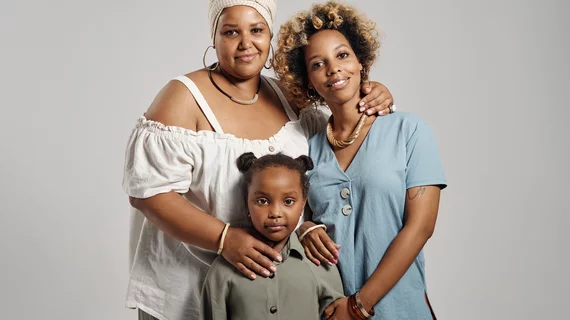Multigenerational health histories strong medicine for preventive health
Broadening clinician access to the health histories of patients’ parents and grandparents would help ward off or better treat numerous chronic illnesses common to middle-aged adults in the U.S.
So suggests a study conducted at Duke University and the University of North Carolina at Chapel Hill and published July 3 in the American Journal of Preventive Medicine.
Naomi Duke, MD, PhD, MPH, Kathleen Mullan Harris, PhD, and colleagues began with data on 12,300 participants whose health was followed in a national longitudinal study as they aged from adolescence to adulthood.
With this data they merged health histories submitted by more than 2,000 participants’ parents who took part in a parallel project by reporting parents’ and grandparents’ health as well as their own.
The team found participants’ health histories strongly correlated with those of three generations of forebears on cardiovascular disease and various other chronic conditions, with apparent ramifications for care improvement going forward.
“Multigenerational health histories have value for quantifying the probability of diabetes, obesity, depression and hyperlipidemia in early mid-adulthood,” Duke et al. comment. “Family health history knowledge is relevant for health promotion and disease prevention strategies.”
Study posted here (behind paywall).

